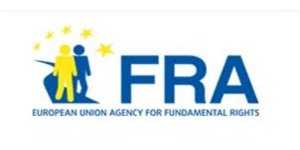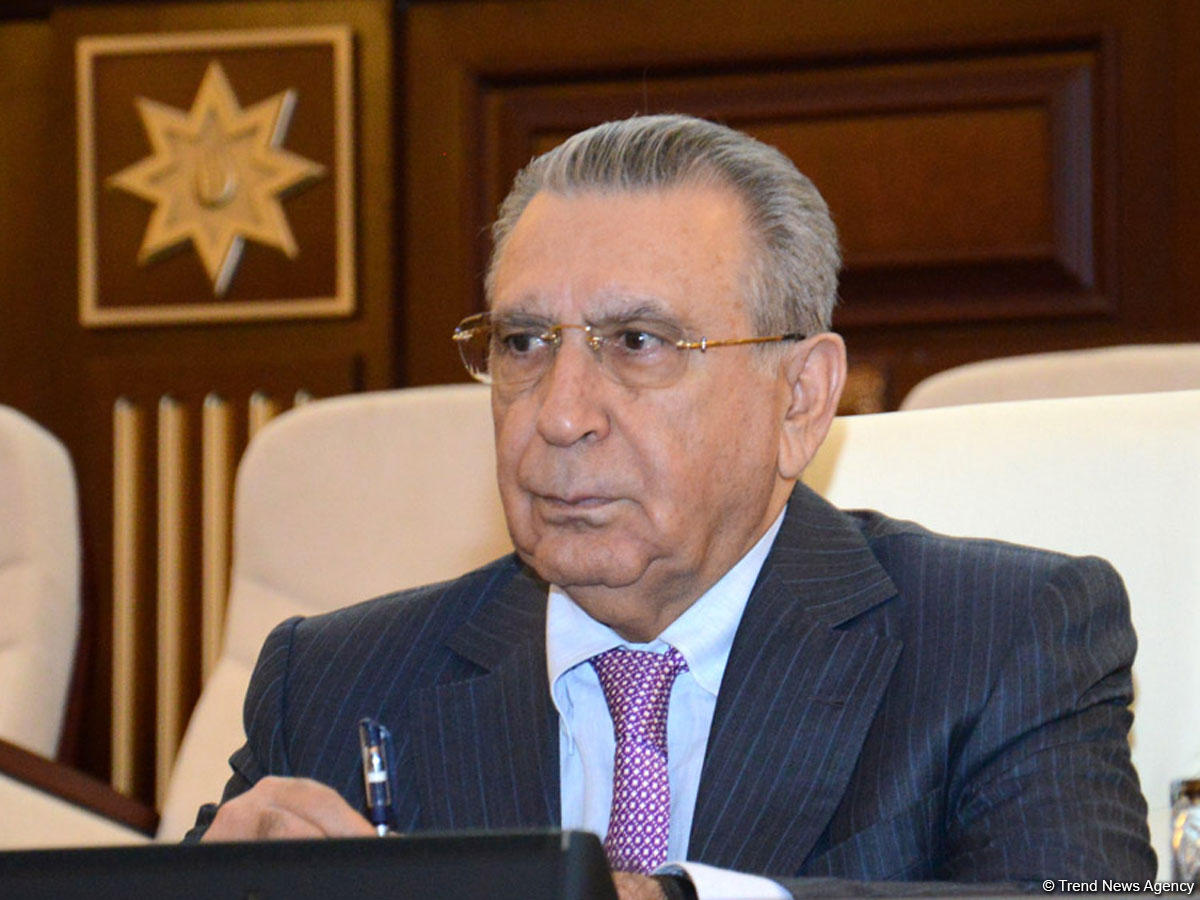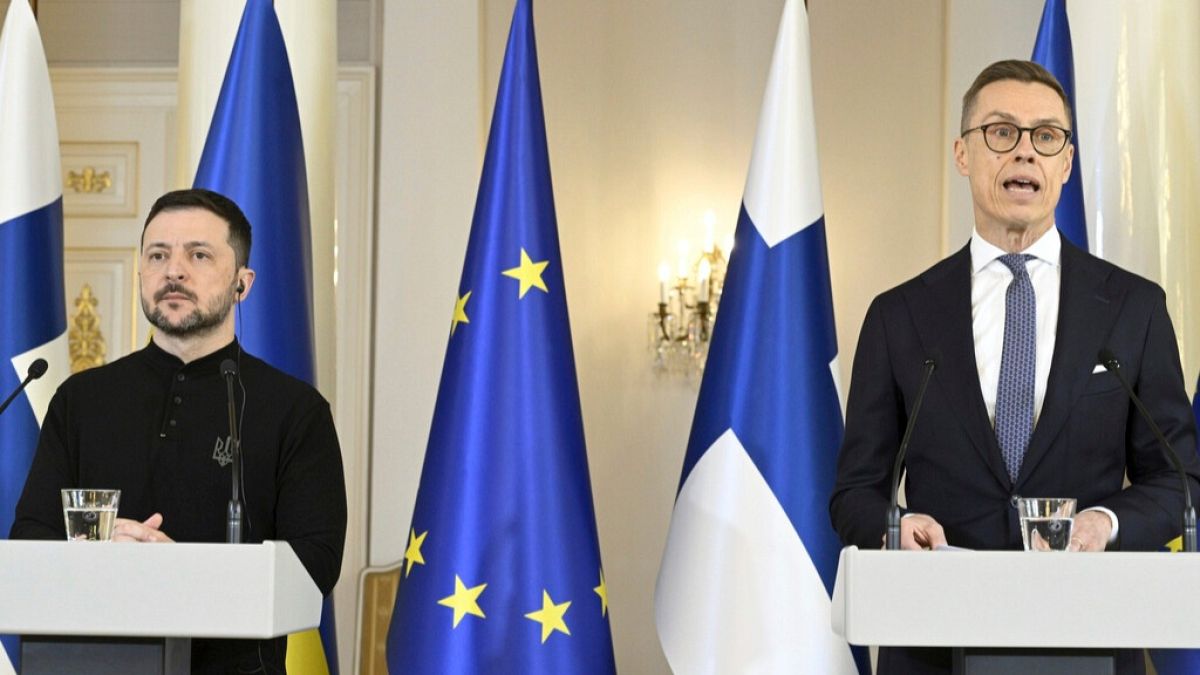The EU Agency for Fundamental Rights is concerned about the amendment to the Constitution of the Slovak Republic

Vienna/Bratislava – The EU Agency for Fundamental Rights (FRA) expressed concern on Tuesday about the recent change to the Constitution of the Slovak Republic. The amendment introduces provisions that could be in conflict with the common values and legal obligations on which the European Union is founded, according to a press release from the FRA based in Vienna published on its official website, TASR reports.
“Constitutional changes pose a risk to the principles of equality, human dignity, and respect for fundamental rights enshrined in the Charter of Fundamental Rights of the EU, as well as the commitments that member states have undertaken in the Treaty on European Union,” states the FRA.
Three specific concerns about Slovakia
In this context, the FRA expressed three specific concerns. The amendment stipulates that only married couples, a man and a woman, who are married or in another specified legally recognized relationship, can adopt a child. According to the FRA, this poses a threat to the fundamental rights of same-sex couples, for example, it restricts their right to start a family and their freedom of movement by making it more difficult for families to move freely within the EU.
The amendment recognizes only “biologically determined sex of a man and a woman,” which according to the FRA discriminates against transgender, non-binary, gender-diverse, and intersex individuals and may lead to discrimination and violations of their fundamental rights.
The FRA also has reservations about the requirement for parental consent for a child’s participation in sex education classes. It states that “at a time when bullying and harassment of LGBTIQ+ individuals is common across the EU, such restrictions may hinder schools from providing objective, reliable, and age-appropriate information.”
The FRA reminded that upon joining the EU, member states freely and voluntarily committed to the common values set out in Article 2 of the EU Treaty, such as respect for human dignity, freedom, democracy, equality, the rule of law, and respect for human rights. Constitutional changes that could limit equality or other fundamental rights challenge these common values and could weaken their protection throughout the EU. This development is particularly concerning regarding the rights of LGBTIQ+ individuals.
The Venice Commission of the Council of Europe in its opinion of September 24 pointed out that changes regarding “national identity,” especially concerning “fundamental cultural and ethical issues,” should not provide grounds for discriminatory treatment and must be in line with the state’s obligations under the European Convention on Human Rights (ECHR) and EU law. (October 7)













































